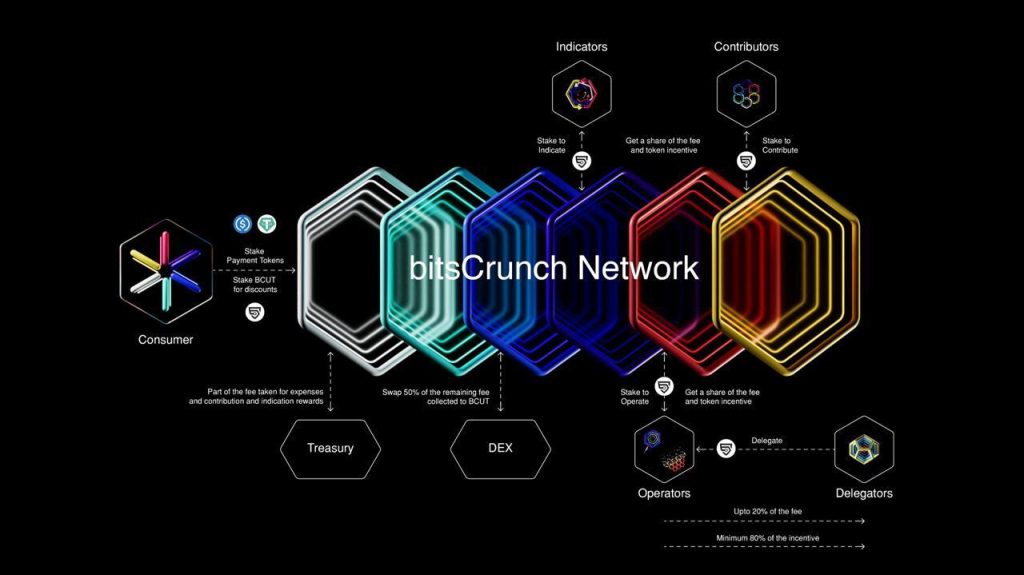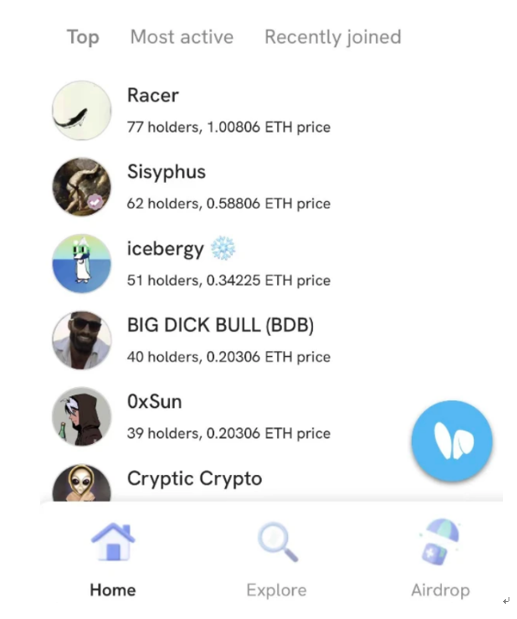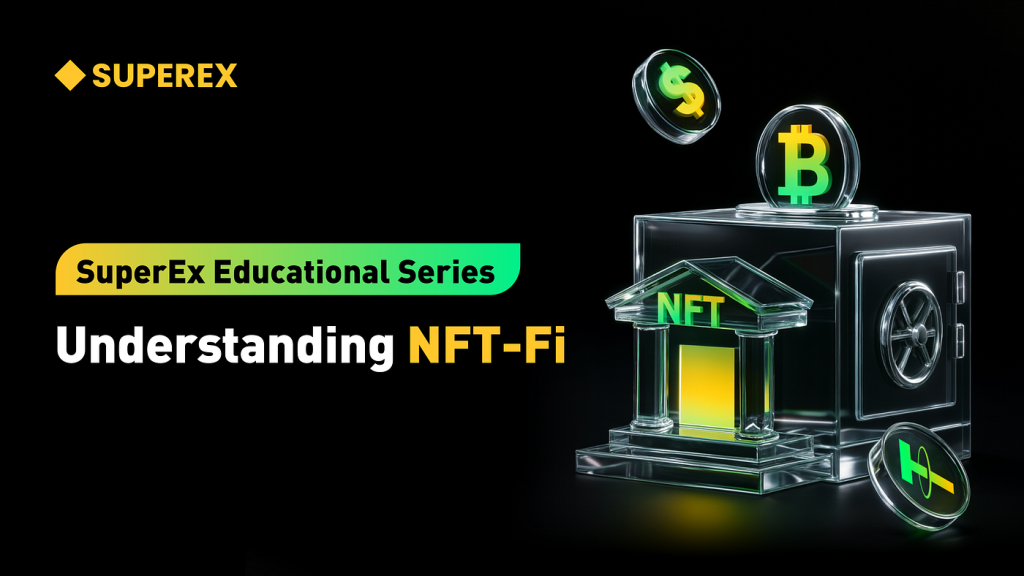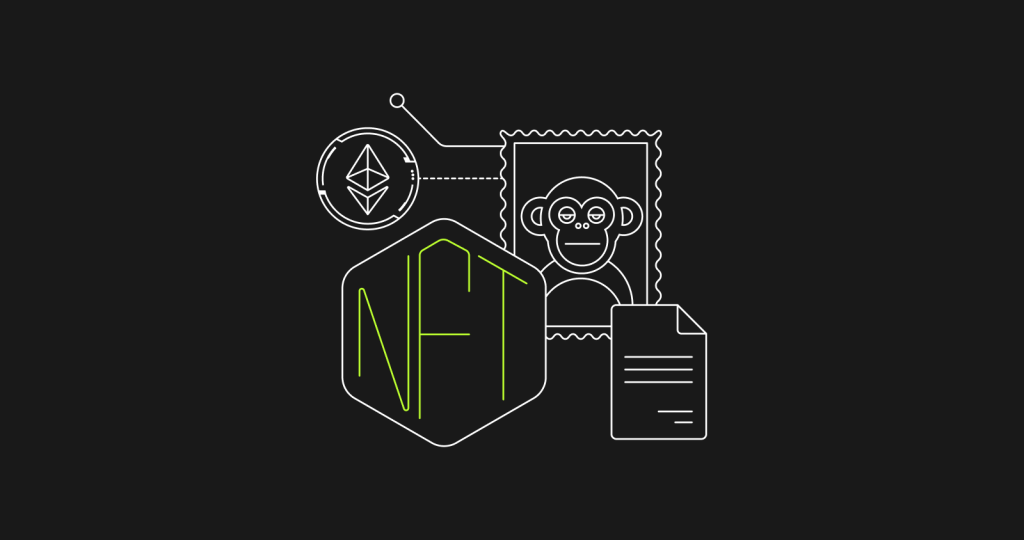NFT forensics beyond analytics: How bitsCrunch aims to be the "one-stop shop" for digital asset data

Data is the cornerstone of the future Web3 ecosystem, according to bitsCrunch founder Vijay Pravin. His company aims to become a one-stop shop for everything related to digital asset data, including NFTs and other blockchain-based tokens.


“We’re like CoinMarketCap/CoinGecko for NFTs, but with forensics on top” – this is how Vijay Pravin described his ambitious project Unleash NFTs during Cointelegraph’s latest session on Twitter Spaces.
? WE ARE LIVE! Smash the link below and join the convo with @bitsCrunch CEO Vijay Pravin. Learn how they leverage advanced tech to provide reliable #NFT data and empower users in the evolving NFT ecosystem.? ? https://t.co/2s6DmVojaK
— Cointelegraph (@Cointelegraph) February 26, 2024
With bitsCrunch, Unleash NFTs represent the next generation of AI-powered NFT data analytics tools already used by DapRadar, Unstoppable Domains and Blockbrain. In 2023, bitsCrunch raised $4 million through a community sale on CoinList, nearly breaking the time record – in nearly half an hour. The company also won several awards, including PwC Germany’s Best Impact Startup Award and Accenture Asia Southeast Asia Award.
Founder and CEO Vijay Pravin, whose background includes data analytics positions at Volkswagen and Siemens, sees his projects as game-changers for the industry. Using PFP as an example, Pravin said that digital assets are the future, but current systems in Web3 lack trust and transparency. This stems from the ease with which NFTs can be copied and faked, potentially misleading users into buying “fake assets.”
Coupled with computer vision, AI is a powerful combination that bitsCrunch uses to identify copycats – NFTs that are similar to existing ones – stored in IPFS or centralized databases like Google Drive. “We don’t have AI just because it’s a hot topic,” Pravin said. “We’ve been using it since the very beginning of bitsCrunch, since 2021. AI is critical for effectively detecting scams and protecting users in the NFT space.”
AI also helps bitsCrunch analyze on-chain data and identify unusual patterns. This includes detecting “wash trading” (artificially inflating trading volume) and identifying potential scams. bitsCrunch identifies wallets blacklisted by governments (e.g., OFAC) and tracks transactions multiple levels deep to trace suspicious money flows within the NFT space.
The company avoids “spoon-feeding” information, and aims to give users the tools to analyze and interpret data on their own. “We want to use data in the best way possible to educate people, to let them know what’s actually good in the long run,” Pravin said. “A lot of people get into the NFT space because of FOMO or recommendations, and they lack independent judgment. This can lead to poor investment decisions. I see newcomers struggling with information overload, having difficulty sorting out what is “good” from what is “bad.”
Pravin went on to say, “The questions don’t end there. What are the whales holding? How good is the market right now? What is the number of trades happening right now, given the market cap and volume?” To provide people with the answers, the bitsCrunch team initially focused on selling APIs, but found that challenging during a bear market. So, they created a B2C platform, UNleashNFTs. “It’s not just NFT data analytics, but also NFT data forensics,” Pravin said.
As for the NFT market, Pravin sees an uptick, with more projects, use cases, and funding coming in. He noted that NFT adoption has gone beyond traditional chains like Ethereum, Polygon, and Avalanche, and marketplaces like OpenSea: “We see Solana, Base, Zora, and Optimism growing significantly in recent months. A new NFT-specific chain called Burnt is also emerging. Rarible is launching its own NFT-centric chains. Together, they are fostering artist communities where creators can connect and collaborate without the high cost of minting.”
The speaker also expressed his expectation of a significant increase in the number of brands entering the NFT space during the current market cycle. He cited Nike, Adidas, Reddit, Starbucks, Mastercard and Visa as already experimenting with NFTs. “It’s not just about gaming assets. It’s about utility and exclusivity. B2C brands can run airdrops, give away free merch, anything to engage certain groups of people to create that sense of exclusivity.”
Pravin suggested a scenario for the future with diversified blockchain options explicitly tailored for NFTs, potentially leading to faster transaction speeds and lower user costs. He also emphasized the importance of data protocols to the long-term success of Web3 in the coming decade, with bitsCrunch being an inevitable part of that.
“I would like to be a market leader in the data space, the place to go for data for digital assets. Not just NFTs, but ERCs, Solana tokens and so on. A one-stop shop for all the data that people can see,” he said.






Responses